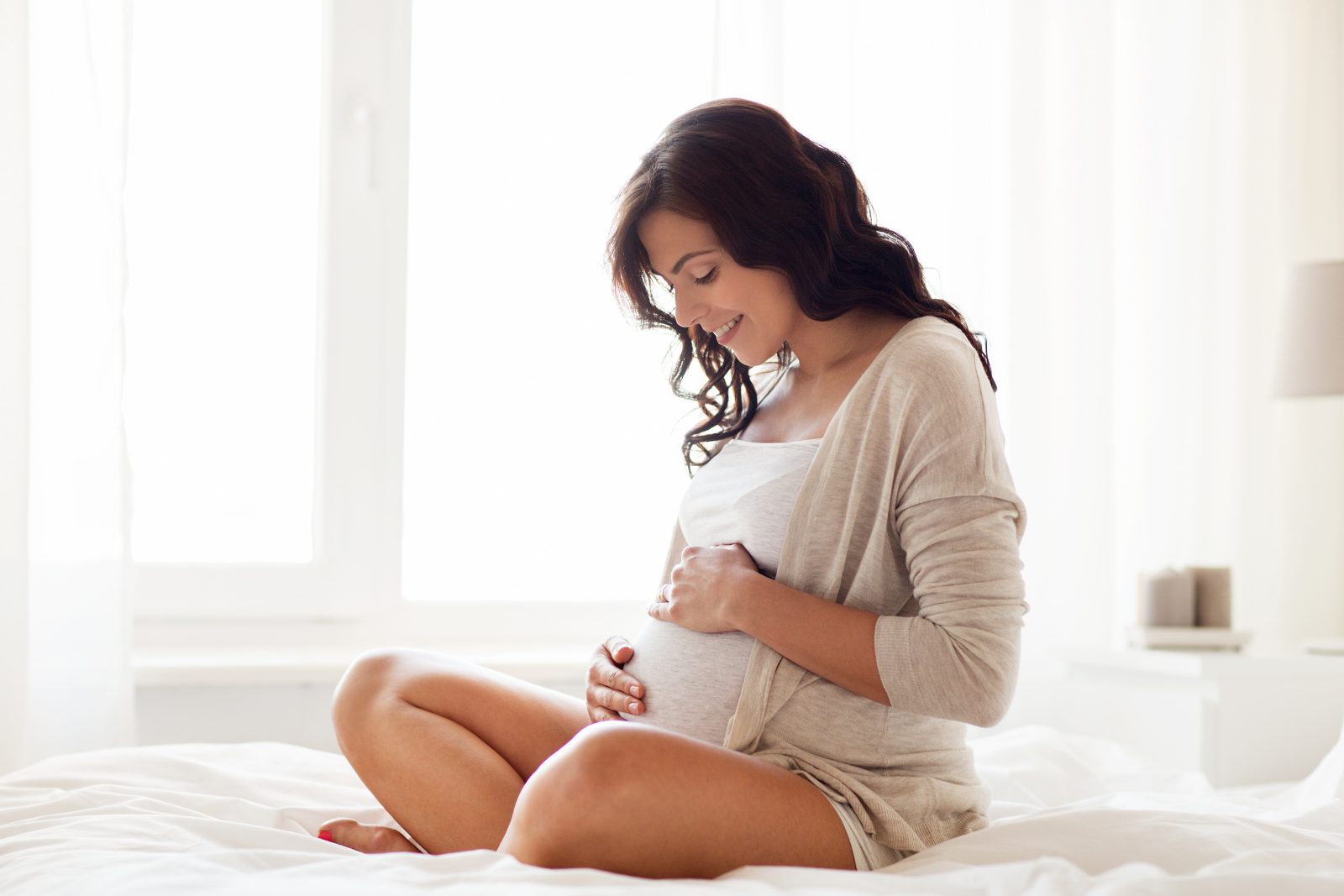Congratulations, you’ve welcomed a new family member into the world! Amidst the joy and excitement of this new chapter, you may also be noticing some unexpected changes in your hair. You’re a new mom, juggling the demands of a newborn and trying to navigate the postpartum period. As if that weren’t enough, you notice that your once luscious locks are starting to thin and fall out. What’s going on?
During pregnancy, you may have enjoyed thicker, fuller hair, thanks to the hormonal changes that prolong the growth phase of the hair cycle. However, after giving birth, as your hormone levels return to normal, you may experience shedding as the hair enters the resting phase.
Pregnancy and Hair Changes
Pregnancy is a time of significant hormonal changes, which can have a profound impact on your hair. During pregnancy, many women experience thicker, fuller hair due to increased levels of estrogen in the body which can have a positive impact on hair growth. Estrogen extends the growth phase of the hair cycle which results in your hair appearing thicker and growing longer. This occurs because estrogen prolongs the lifespan of hair follicles, keeping them in the growth phase for longer than usual.
After giving birth, your hormone levels, including estrogen, begin returning to pre-pregnancy levels. This sudden decrease in estrogen can trigger a shedding phase. Normally, about 85-90% of hair is in the growth phase, while the remaining 10-15% is in the resting phase. However, during pregnancy, the percentage of hair in the resting phase decreases, but only for a short time. When hormone levels drop postpartum, more hair follicles enter the resting phase at once, and after a few months, these hairs shed, resulting in postpartum hair loss.
Postpartum hair loss is an extremely common condition that affects many new mothers. It typically occurs around three to six months after giving birth and can last for several months. While postpartum hair loss can be distressing the good news is that it’s usually temporary and resolves on its own. Managing postpartum hair loss can be a gradual process that involves adopting healthy hair care practices and being patient as your body adjusts.
Here are some steps you can take to help manage postpartum hair loss:
- Eat a Balanced Diet: Consuming a diet rich in vitamins and minerals can help support healthy hair growth. Focus on foods that are high in iron, zinc, biotin and vitamins A, C and E. These nutrients are essential for hair health and can help promote stronger, thicker hair.
- Stay Hydrated: Drinking plenty of water is important for overall health, including hair health. Dehydration can lead to dry, brittle hair, so be sure to stay hydrated throughout the day.
- Practice Gentle Hair Care: Avoid using harsh chemicals or heat styling tools on your hair, as these can further damage already fragile hair. Use a gentle shampoo and conditioner that are suitable for your hair type, and avoid pulling or tugging on your hair when styling.
- Consider Hair Supplements: Some women find that taking supplements containing vitamins and minerals that support hair health can help improve the condition of their hair. Consult with your healthcare provider before starting any new supplement regimen.
- Avoid Tight Hairstyles: Hairstyles that pull on the hair, such as tight ponytails or braids, can cause additional stress and damage to already fragile hair. Opt for looser styles that don’t put too much strain on your hair follicles.
- Be Gentle When Brushing: Use a wide-tooth comb or a brush with soft bristles to gently detangle your hair. Avoid brushing your hair when it’s wet, as wet hair is more prone to breakage.
- Manage Stress: Stress can contribute to hair loss, so it’s important to find healthy ways to manage stress levels. Practice relaxation techniques such as meditation, yoga or deep breathing exercises.
- Talk to Your Healthcare Provider: If you’re concerned about your postpartum hair loss, or if you’re experiencing excessive shedding or bald patches, it’s a good idea to talk to your healthcare provider. They can help determine if any underlying issues are contributing to your hair loss and recommend appropriate treatments.
While pregnancy and postpartum hair changes can be challenging, they are usually temporary and resolve on their own over time. By taking care of your hair and following a healthy lifestyle, you can help promote healthy hair growth and restore your locks to their former glory. Remember, you’re not alone in this journey, and there are resources and support available to help you navigate this exciting but challenging time.

